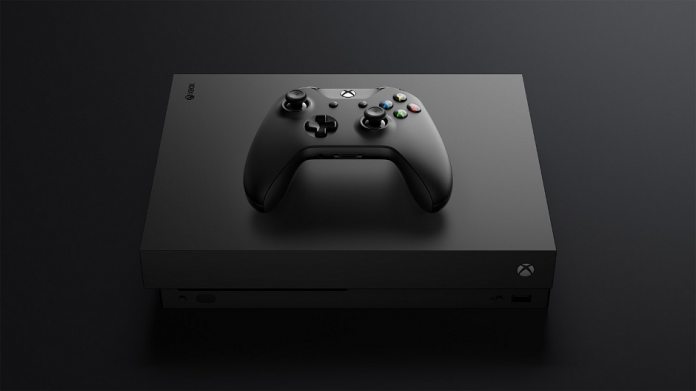It is a rare earning call where Microsoft specifically discusses gaming in detail. For Q1 2020 the company has expanded more on Xbox and overall gaming. It’s not good reading as gaming revenue declined by 7% year-on-year. In raw numbers, that’s $2.542 billion (compared $2.738 billion in FY19 Q1). Clearly there is a reason for this decline, but what is it? Well, it seems the final year of the 8th generation of consoles is playing a part. Microsoft has announced it will launch Xbox Scarlett in 2020, its ninth-generation console. Many consumers are willing to wait it out for the new device. Furthermore, as is often the case at the end of a generation, most of the people who want an Xbox One already have one. Microsoft has not detailed how many consoles it shipped in the quarter, but hardware sales have dipped 34% year-on-year. These results certainly don’t seem to signify a loss of interest in Xbox as a brand. Indeed, content and services remained balanced with a 0% change compared to a year ago. This category includes services such as Xbox Live and Xbox Game Pass.
Future and Competition
As Xbox One sales decline, Microsoft is preparing to wrap up a console generation that has been mixed. Sure, the company has sold tens of millions of units, but the fact remains the PlayStation 4 has vastly outsold the Xbox One. With the ninth generation incoming, Microsoft is facing plenty of challenges. Cloud gaming is going to be defined in this generation and Microsoft is hoping to be a leader in this technology. Project xCloud will be fully launched in the coming months and is already testing in the United States, United Kingdom, and South Korea. However, xCloud faces major competition in Google Stadia, a broader cloud gaming platform. Just last week, Google announced Stadia will launch on November 19. While there is no indication being first to market guarantees dominance, Microsoft will likely be eager to get xCloud officially launched soon. Project xCloud and Google Stadia are arguably different enough to suggest both can co-exist without direct competition.




![]()